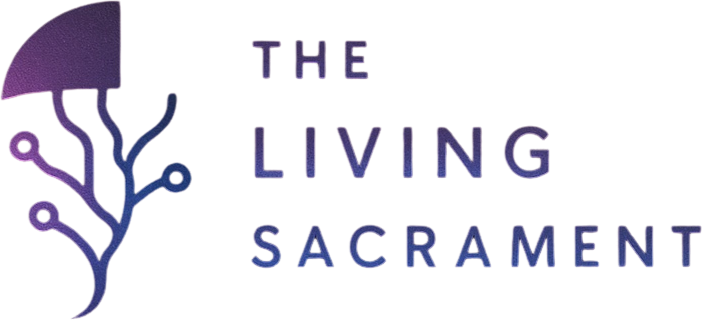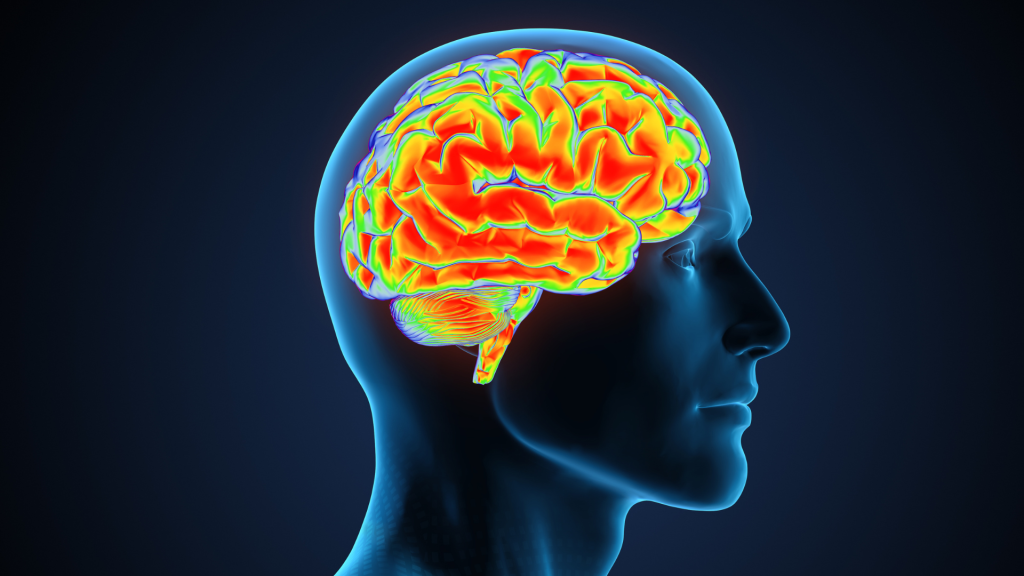When I first read about psilocybin, the compound inside magic mushrooms, it wasn’t in some mystical story about visions or colors. It was in a clinical trial abstract from Johns Hopkins. That’s where I learned something unexpected: these mushrooms, long treated as a taboo, were being studied as tools for healing. So, are magic mushrooms actually good for you? The answer depends on how you define “good.”
What “Good for You” Really Means
When people ask if magic mushrooms are good for them, they usually mean one of three things – are they safe, healthy, or helpful?
Safety is the easy part. Psilocybin is not toxic in ordinary doses. It doesn’t damage organs or cause withdrawal. But being “good for you” involves more than avoiding harm. It means promoting wellbeing, clarity, and maybe even growth. That’s where science starts to get interesting.
How Psilocybin Works in the Brain
Psilocybin becomes active once it turns into psilocin inside the body. This molecule interacts mainly with serotonin receptors, especially 5-HT2A, the same network tied to mood, imagination, and sense of self.
When those receptors light up, the brain’s usual patterns loosen. Functional MRI studies show that psilocybin temporarily reduces activity in the default mode network, the region responsible for rumination and self-criticism. That quieting effect helps explain why people often describe psilocybin experiences as freeing or deeply insightful.
In a sense, psilocybin doesn’t add something new – it turns down the noise so you can hear yourself think.
Benefits Supported by Research
The therapeutic potential of psilocybin is no longer speculation. Dozens of peer-reviewed studies have shown benefits in treating:
- Depression – Clinical trials in JAMA Psychiatry and other journals found that psilocybin-assisted therapy can reduce depressive symptoms for weeks or months after one or two sessions.
- Anxiety in terminal illness – Participants report reduced fear of death and improved quality of life.
- Addiction – Studies from Johns Hopkins show strong results in treating nicotine and alcohol dependence, often outperforming standard therapies.
- PTSD and obsessive thinking – Early-stage research suggests psilocybin helps people reframe traumatic or rigid thought loops.
These results are not from casual use. They come from carefully structured environments with therapists, medical screening, and follow-up support.
What About Mental Health Outside the Lab?
That’s where things get complicated. Magic mushrooms can open emotional doors, but not everyone is ready for what’s behind them. In clinical settings, therapists help users process difficult material that can surface during a trip. Without guidance, those same emotions might overwhelm or confuse.
I’ve spoken with people who described their first mushroom experience as the most meaningful moment of their life – and others who called it terrifying. Psilocybin amplifies what’s already inside you. That can be healing, but it’s not always easy.
Physical Effects and Safety
From a biological standpoint, psilocybin is remarkably gentle. It causes temporary increases in heart rate and blood pressure, dilated pupils, and sometimes mild nausea. These effects fade as the trip ends. There’s no evidence that psilocybin harms the liver, kidneys, or brain tissue.
In controlled studies with healthy volunteers, scientists have found no signs of physical toxicity, even at doses much higher than those used therapeutically. People sometimes forget that psilocybin is far less physically risky than alcohol, opioids, or even caffeine in large amounts.
Still, the psychological intensity can be hard on those with schizophrenia, bipolar disorder, or untreated trauma. Screening and support are crucial before any therapeutic use.
Microdosing: The Everyday Curiosity
Some people take tiny, sub-hallucinogenic doses of psilocybin – a practice called microdosing (also described here). They claim it boosts focus, creativity, and mood. The science here is mixed. Controlled studies show subtle effects at best, while anecdotal reports suggest noticeable improvement.
It’s possible that microdosing works partly through expectation and awareness. Paying attention to how you feel each day can itself be healing. But long-term safety data are still limited, and standardization is tricky. What one person calls a “microdose” might be another person’s full experience.
Risks and When It’s Not Good for You
Psilocybin is not a cure-all. It’s powerful, unpredictable, and emotional. The risks include:
- Psychological distress – Panic or confusion during intense experiences.
- Accidents – Poor coordination or judgment can cause injury.
- Worsening of mental illness – People with psychotic disorders may experience destabilization.
The good news is that these risks drop sharply in supervised environments. In thousands of monitored sessions worldwide, there have been no deaths or lasting physiological harm linked to therapeutic psilocybin.
Why Scientists Take It Seriously
The reason universities like Johns Hopkins, Yale, and Imperial College London are investing in psilocybin research is simple, it works where many treatments fail.
Traditional antidepressants often dull emotion; psilocybin seems to reconnect it. Patients describe renewed empathy, openness, and motivation. In one study, two doses combined with therapy improved mood for three months in people with treatment-resistant depression.
That doesn’t mean mushrooms are a miracle. They’re a catalyst, not a solution. Integration—the process of reflecting and applying what you learn afterward – is what truly makes them good for you.
My Perspective After Reviewing the Data
After going through dozens of clinical reports, I’d say psilocybin is neither a miracle drug nor a menace. It’s a mirror. Used wisely, it can help people face themselves, reset perspective, and even rebuild hope. Used carelessly, it can magnify fear and confusion.
So, are magic mushrooms good for you? In the right setting, with respect and intention, yes. They can be deeply good for you, just not in the easy, take-a-pill way we’re used to.
Final Thoughts
Magic mushrooms are not about escaping reality. They’re about seeing it from a new angle. Science is beginning to confirm what traditional cultures already knew: that these fungi can help heal the mind and open the heart. But like any teacher, they demand humility and readiness.
When handled with care, they don’t just make you feel better – they help you understand why you didn’t.
References
- Rucker, J.J.H., et al. The therapeutic potential of psilocybin: a systematic review. Frontiers in Psychiatry
- Gard, D.E., et al. Acute Adverse Effects of Therapeutic Doses of Psilocybin: A Systematic Review and Meta-Analysis. JAMA Network

